 |
| Image of the parade celebrating the 80th anniversary of National Day. Illustrative photo. (Photo: Nguyen Hong) |
Young people today grew up with TikTok, Instagram, YouTube Shorts . We don’t just give reports or slogans. What matters is how we tell the truth. A policy or direction, if told through the journey of a navy soldier, a creative farmer, or a student entrepreneur, will naturally have breath and appeal.
I was very impressed with the way Nhan Dan Newspaper innovated communication on the occasion of the 80th National Day: Special supplements with "digital gifts" such as virtual reality experiences, Spotify codes to listen to the Declaration of Independence , or the art program "Fatherland in the Heart" were widely spread on social networks. The World and Vietnam Newspaper also had many creative foreign affairs activities, international cooperation, and launched a multilingual special page to both affirm the country's achievements and refute false information. These methods show that when official information is told with art and intimacy, it becomes the voice of friends, easy to listen to, easy to share.
However, the biggest challenge is still the online environment - where good news often spreads slowly, while bad news can become a storm overnight. Therefore, young people need to be equipped with "digital antibodies". I often use the image of "information vaccine": When they have antibodies, young people will know how to verify the source, know how to ask questions "who wrote it, for what purpose, where is the data", and most importantly, know how to stop before pressing the share button.
There are many examples that are very quiet but full of patriotism. During the Covid-19 pandemic, thousands of students joined Zalo Connect and SOSMap to verify and connect more than 300,000 emergency help requests, while eliminating fake news for profit. A group of young engineers founded the Anti-Phishing project, developed a utility to identify malicious websites, and helped protect tens of thousands of Internet users.
The Central Committee of the Vietnam Youth Union also signed a five-year agreement with TikTok to train young people in responding to toxic content, turning them into “immune cells” in cyberspace. The Vietnam Fake News Center also opened a portal for young people to submit, monitor and disseminate verification results to prevent fake news.
For Vietnamese youth, it is important to help them have enough knowledge, courage and skills to be immune to bad and toxic information.
To do this, families, schools and society must work together. Families instill a foundation of morality and national pride. Schools train digital skills, critical thinking, and information filtering skills. Society - from the press, youth organizations to online communities - must create healthy playgrounds, inspirational campaigns and tools to defend against fake news.
With knowledge, courage and patriotism, young people will become the vanguard force to protect the Fatherland, including in cyberspace.
Source: https://baoquocte.vn/khang-the-so-cho-the-he-tre-328029.html



![[Photo] Prime Minister Pham Minh Chinh chairs the Government's online conference with localities](https://vphoto.vietnam.vn/thumb/1200x675/vietnam/resource/IMAGE/2025/10/5/264793cfb4404c63a701d235ff43e1bd)



![[Photo] Prime Minister Pham Minh Chinh launched a peak emulation campaign to achieve achievements in celebration of the 14th National Party Congress](https://vphoto.vietnam.vn/thumb/1200x675/vietnam/resource/IMAGE/2025/10/5/8869ec5cdbc740f58fbf2ae73f065076)


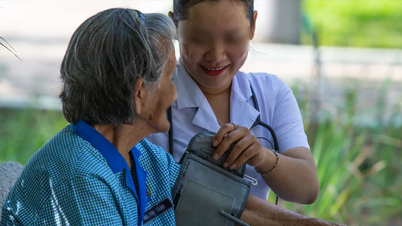



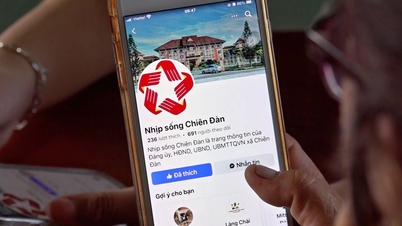

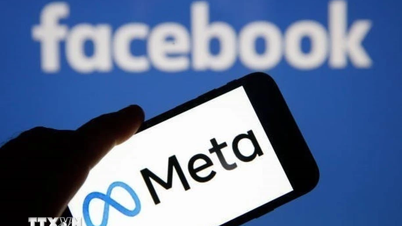



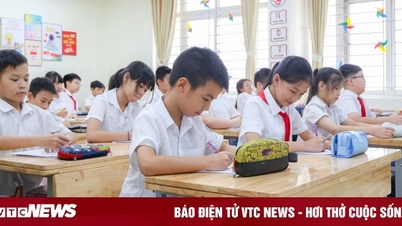

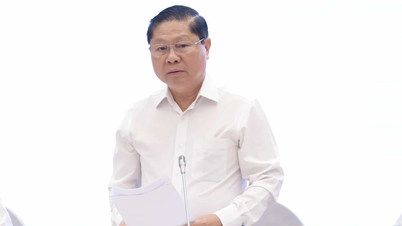

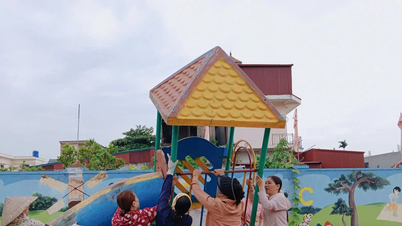

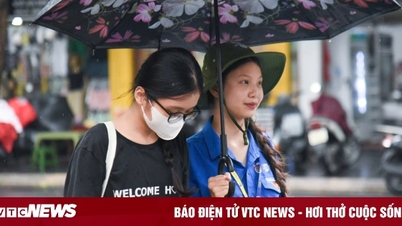
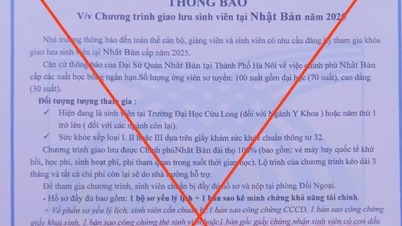






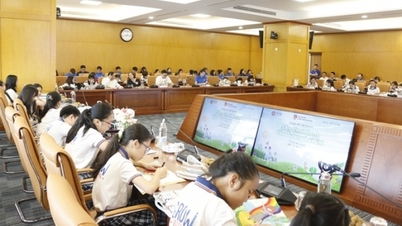
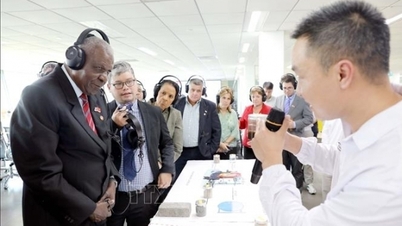


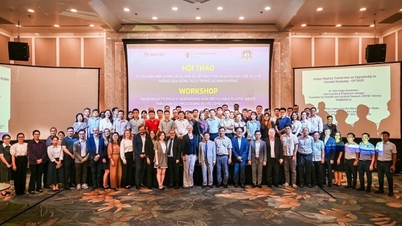
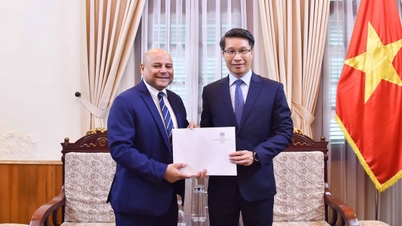
























![[VIDEO] Summary of Petrovietnam's 50th Anniversary Ceremony](https://vphoto.vietnam.vn/thumb/402x226/vietnam/resource/IMAGE/2025/10/4/abe133bdb8114793a16d4fe3e5bd0f12)

![[VIDEO] GENERAL SECRETARY TO LAM AWARDS PETROVIETNAM 8 GOLDEN WORDS: "PIONEER - EXCELLENT - SUSTAINABLE - GLOBAL"](https://vphoto.vietnam.vn/thumb/402x226/vietnam/resource/IMAGE/2025/7/23/c2fdb48863e846cfa9fb8e6ea9cf44e7)


















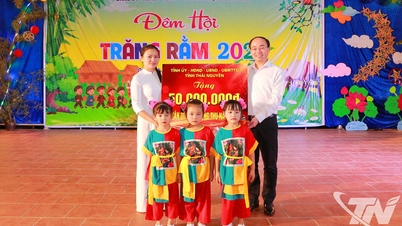


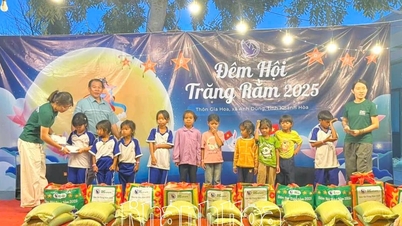














Comment (0)